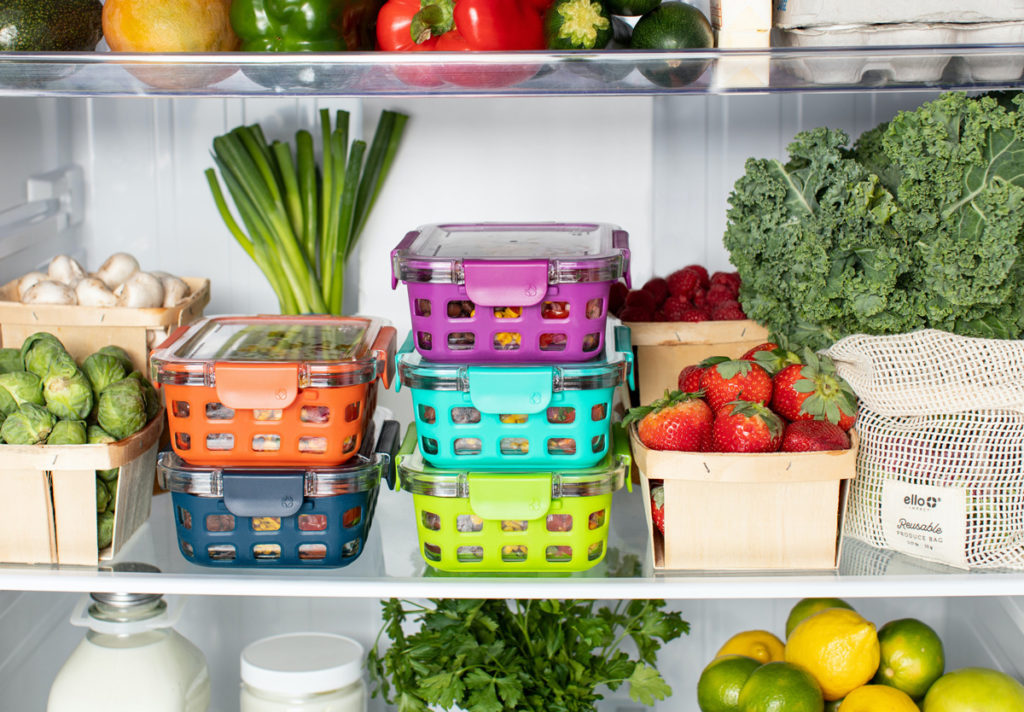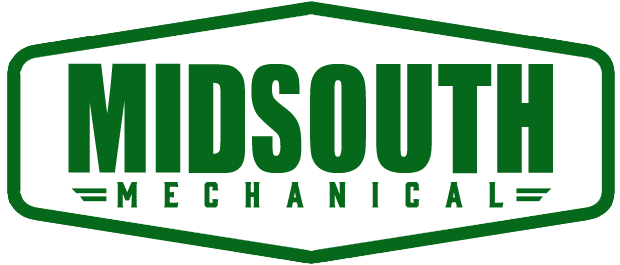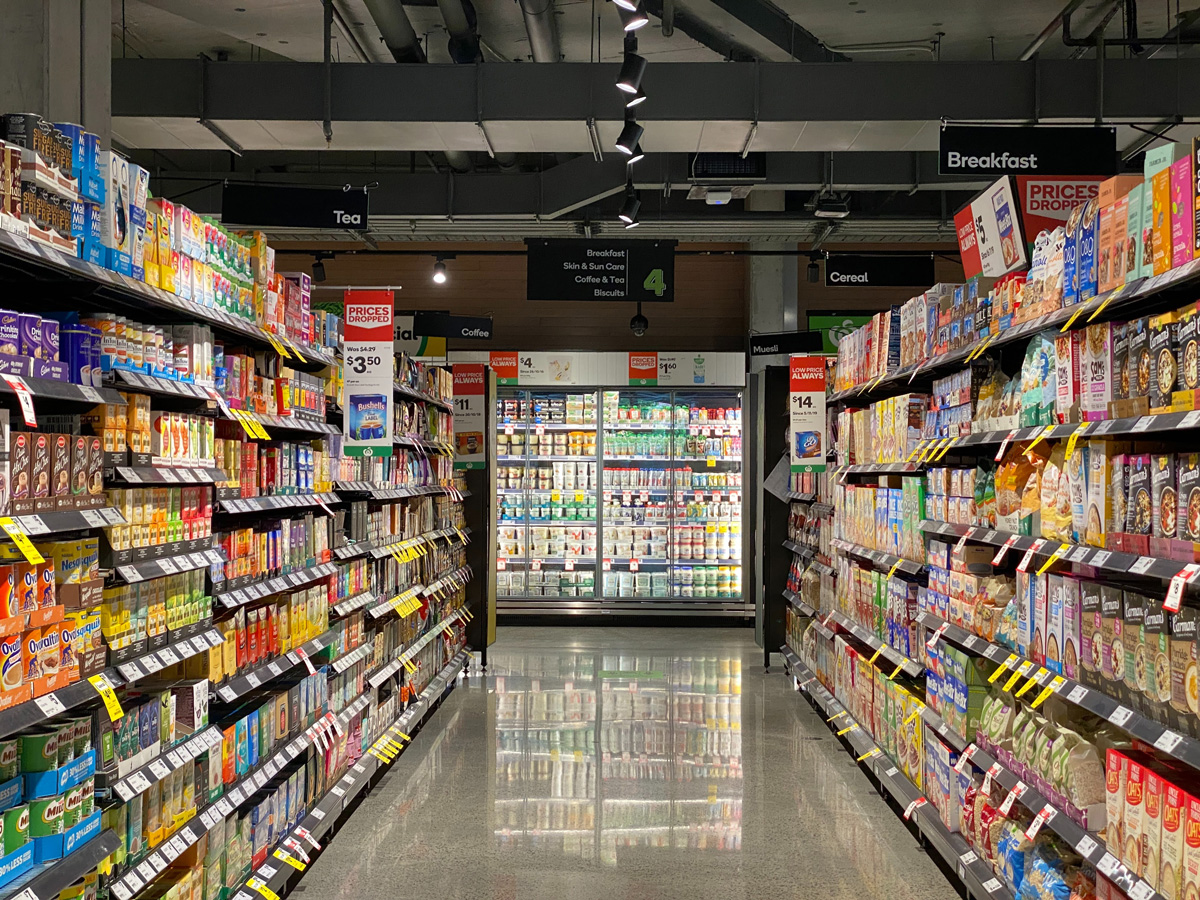The machines that power food and beverage production
Most people probably don’t put too much thought into where their food comes from or how it was processed, packaged, and delivered for safe consumption. In America, we can visit a grocery store anytime we want and find just about whatever we want on the shelves and this is thanks to our food and beverage manufacturers. This is a big change from 100 years ago and largely due to the blast-freezing machines and modern refrigeration technology that has been developed. Yes, there have been major advancements in agriculture machinery, but that’s a topic for another day. Today, we are talking about the machines used by industrial food and beverage manufacturers.

Blast chilling (blast freezing)
Mechanical chilling has been around since the late 1800s. This was a game-changer at the time and allowed for food storage without using a brine or drying the food. The challenge with early freezing technology was that food cooled too slowly and formed larger ice crystals during a process called crystal nucleation. These large crystals damaged food, especially delicate fruits, and seafood. If you compare a purchased bag of frozen peaches to a bag of peaches frozen in your home freezer, you’ll notice the commercially frozen peaches are crisper and more flavorful.
Commercial blast freezing can reduce the temperature of fruits, vegetables, meats, and seafood to very cold temps (−54 °F) in under 90 mins. In some cases, this rapid freezing happens much faster. Many producers use a tunnel freezing machine to process individually quick frozen (IQF) food. You’ve probably experienced this method if you’ve ever purchased frozen chicken pieces.
Beverage Manufacturing
Every beverage in a bottle or can at the convenience store has been through a multi-step production process. The process of manufacturing a beverage starts with water purification which is typically done with a water treatment plant. Large sand filters, UV radiation sanitation, and alkalinity adjustments are all part of this process. Once the water is sanitary and free of chemicals added by most municipalities or minerals from groundwater, the water is pumped to large tanks.
Process piping is a term used to describe liquids or chemicals conveyed under pressure or a vacuum. Substances are mixed at specific ratios, heated, and cooled to achieve the desired product.
Finally, industrial bottle washers sterilize bottles and cans and prepare them for the beverage filling machine. Newly filled bottles and cans are moved by a conveyance system to the labeling machine and pallet machine to be prepared for transport and distribution.
Bakeries
You might be thinking of cookies and pies, but industrial bakeries also produce snacks like chips and crackers too. Many products start off as raw ingredients in industrial mixers and dough machines. You’ll find process piping in this industry as well.
After all the ingredients are carefully mixed, the next step is usually the oven. Massive ovens, big enough to hold carts with several tiers of cookies or pies or whatever needs to be baked are used here. Some snack producers may opt for a tunnel system that uses a conveyor to slowly move items through a long oven.
Like the beverage industry, baked goods and snacks end up passing through complex packaging and boxing equipment before being loaded onto pallets and distributed to grocery stores and convenience stores.
Food safety
These machines do more than make food delicious and convenient to transport. They ensure that the foods are safe to consume. Each machine is designed to maintain sterility and regulate temperature. The Food & Drug Administration (FDA) is tasked with overseeing all of this food and beverage production and they set the requirements for how our food is made, transported, and stored.
Keeping these machines running at peak performance is where Midsouth can help. We install all types of machinery used by industrial food and beverage manufacturers. We can also handle preventative maintenance, industrial cleaning, and machine moving. Our team is ready to help with all of your mechanical contracting needs in a reliable, cost-effective, safe manner. Let us know if we can help.


